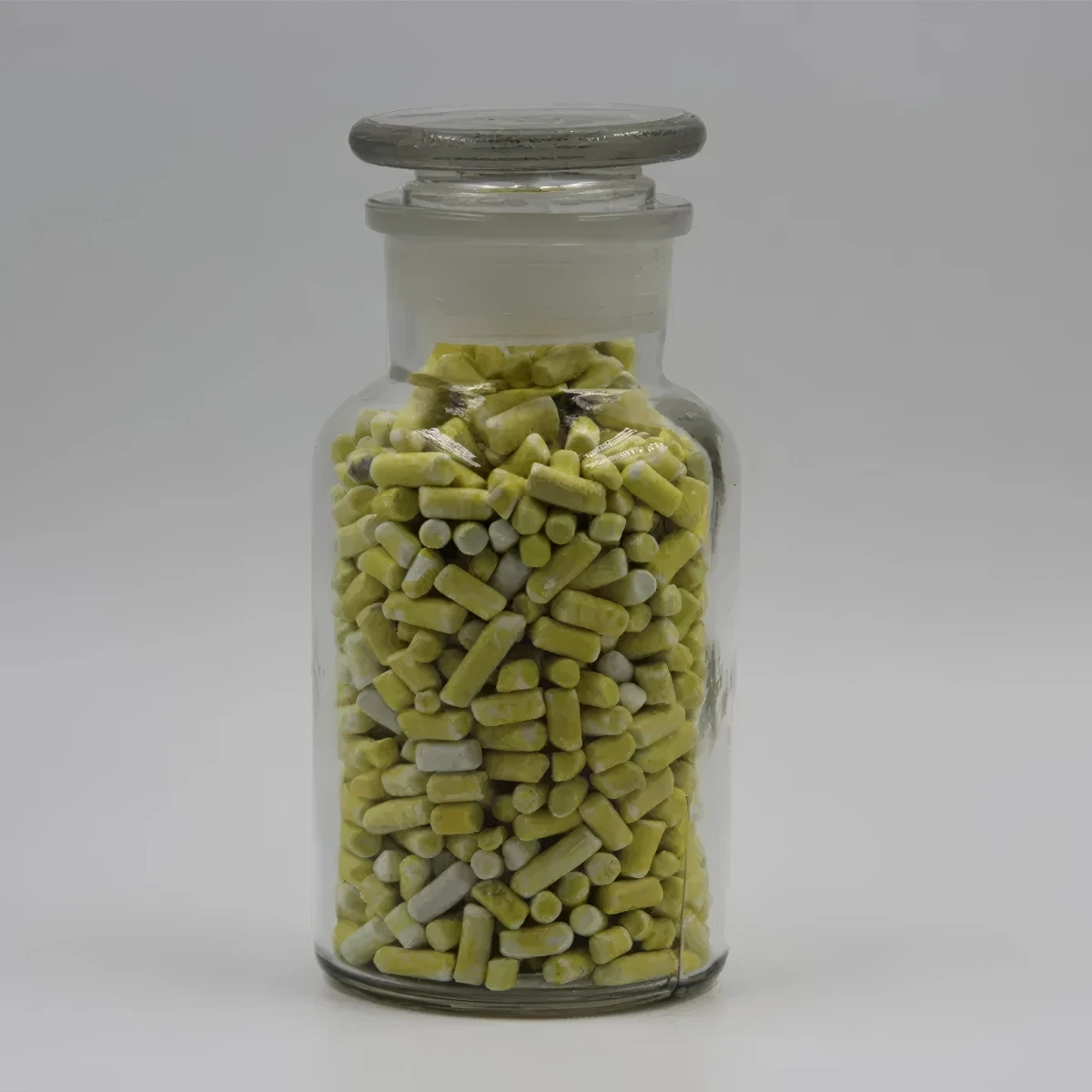



Exploring the Uses and Benefits of Sodium Chlorite for Health and Wellness
Exploring Sodium Chlorite and its Applications in MMS
Sodium chlorite, a chemical compound with the formula NaClO₂, has gained attention in various industries due to its powerful oxidizing properties. Often compared to sodium chloride (table salt), sodium chlorite serves distinct purposes, especially in water treatment, disinfection, and even in alternative health circles through the controversial Mineral Miracle Solution (MMS).
MMS, or Miracle Mineral Solution, is a product that has been marketed as a cure-all for a variety of health conditions. It primarily consists of sodium chlorite in a 28% solution mixed with citric acid, resulting in chlorine dioxide when activated. Proponents claim that this solution can treat numerous ailments, including infections, digestive issues, and even serious diseases such as malaria and cancer. However, the claims surrounding MMS have sparked significant controversy and debate in the medical community.
Chemistry of Sodium Chlorite
Sodium chlorite is known for its strong oxidizing characteristics, which make it an effective disinfectant. Its effectiveness lies in its ability to release chlorine dioxide, a molecule that can break down harmful pathogens by disrupting their cellular structure. This makes sodium chlorite a valuable agent in water purification processes, especially in municipal water treatment facilities. It is commonly used to eliminate bacteria, viruses, and other pathogens from drinking water, ensuring the safety and health of communities.
Applications in Water Treatment
The use of sodium chlorite in water treatment is well-established and regulated. It is particularly advantageous because it does not generate harmful byproducts like some other chemicals, such as chlorine. Water treated with sodium chlorite is less likely to form trihalomethanes, compounds that can pose health risks. Thus, its application helps improve the quality of drinking water while adhering to safety standards.
Controversy Surrounding MMS
sodium chlorite mms

Despite the legitimate uses of sodium chlorite, the promotion of MMS poses serious health risks. The FDA has warned against using MMS, citing that consuming chlorine dioxide can lead to severe health consequences, including nausea, vomiting, diarrhea, and dehydration. There is no scientific evidence supporting the claims made by MMS advocates, and the substance is not recognized as safe or effective for treating any health conditions.
The narrative surrounding MMS has become particularly alarming due to its promotion by certain alternative health practitioners who cite anecdotal success stories. This has often led vulnerable individuals to turn to MMS as a last resort for serious health issues, diverting them from proven medical treatments that could significantly improve their conditions.
Regulatory Perspectives
Regulatory agencies like the FDA and the World Health Organization (WHO) emphasize that self-medication using unproven substances can be dangerous. Sodium chlorite, when used properly and in controlled environments, provides valuable benefits in water purification and is effective at killing pathogens. However, unauthorized use, especially in concentrations higher than those recommended for legitimate applications, can result in life-threatening health crises.
Conclusion
Sodium chlorite is a chemical compound with substantial benefits in industrial applications, particularly in water treatment. However, the misuse and misrepresentation of this substance in the context of MMS highlight an ongoing public health issue. The distinctions between legitimate use and dangerous self-medication must be clearly communicated to ensure safety.
For consumers, it is crucial to rely on scientifically validated treatments provided by healthcare professionals rather than unregulated alternatives. While sodium chlorite plays a vital role in disinfection and water safety, its portrayal as a miracle cure undermines its legitimate benefits and poses significant risks to public health. As awareness grows, it is hoped that individuals will make informed choices based on evidence rather than unverified claims.
-
Why Sodium Persulfate Is Everywhere NowNewsJul.07,2025
-
Why Polyacrylamide Is in High DemandNewsJul.07,2025
-
Understanding Paint Chemicals and Their ApplicationsNewsJul.07,2025
-
Smart Use Of Mining ChemicalsNewsJul.07,2025
-
Practical Uses of Potassium MonopersulfateNewsJul.07,2025
-
Agrochemicals In Real FarmingNewsJul.07,2025
-
Sodium Chlorite Hot UsesNewsJul.01,2025










